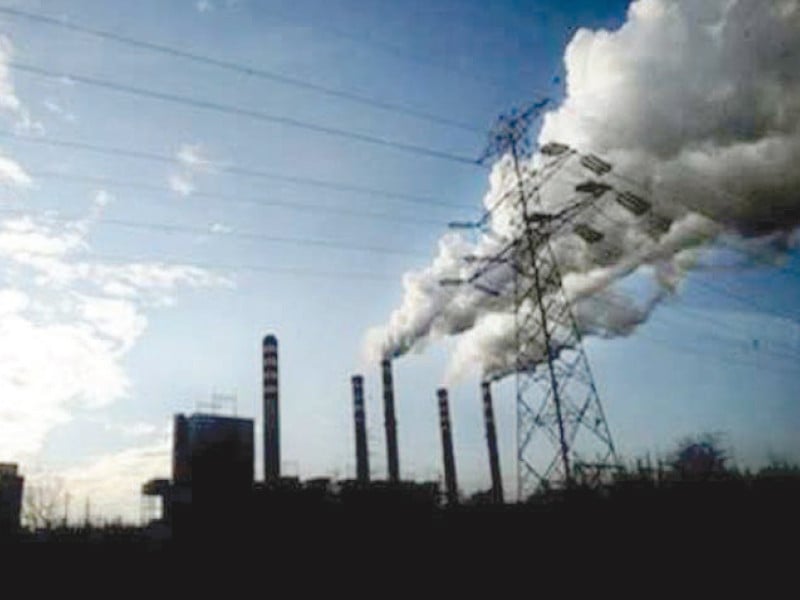Pakistan has various layers of issues in power generation. While the power plants is one issue, the IPPs is a bigger issue and probably the national grid is even a bigger issue.
We have a national grid but it’s not very reliable and mostly old grid which often trips if the load is approaching 100% of the capacity. We need to invest 10 billion usd for grids only before any chance of having load balancing ideas
The power crunch is not exclusively a power plant problem; the impact of power resource management is very significant.
We know:
Power generation area. Solar power and hydropower are severely limited by weather and region, thermal power generation causes great environmental pollution, and nuclear power generation has huge safety factors. Each type of power generation has corresponding limitations.
Electricity Consumption Area. The difference in electricity consumption between different regions and different times is very large.
In China. The eastern region is economically developed and consumes huge amounts of electricity; the western region is economically backward and consumes very little electricity. However, the western region has a lot of resources needed for clean energy (solar power and hydropower). That's why China has the super project “West-East Power Transmission” to deploy a large amount of electricity from the west to the eastern developed regions.
In the western region of Sichuan, there are a lot of high-quality water conservancy power generation resources. In addition to some large state-owned hydropower plants, there are also numerous small and medium-sized private hydropower plants. In the early days, these private hydropower plants were not connected to the national grid, and their surplus power was directly wasted. Later, when Bitcoin became popular, it became the world's largest Bitcoin factory. After the Chinese government banned virtual currencies, all of these private hydroelectric plants were connected to the national grid.
In real-world gaming, it is easy for ongoing conflicts to occur between opposing sectors of the same power. Such conflicts can cause great disasters at some point.
If the power plant and the grid operator are organizations of equal strength, the tug-of-war between them can lead to power tension. If government departments do not deal with the situation in a balanced manner, or even participate in the tug-of-war, the situation will continue to deteriorate.
China had a similar situation in the early years. Back then, power grid operations were still set up by individual localities on their own, and there was no consolidated management. But power plants such as the Three Gorges Group and the Gezhouba Group were mega-corporations, and they were not at all subject to the management of local grid operators. It was not until the State Grid was merged and established that it was more massive than any of the power plants, which gave it a voice. No power plant had the ability to threaten the national grid.
Pakistan's power situation is similar to that of China a few decades ago. Pakistan needs a strong grid authority. Whether it is Pakistan's own grid company or the introduction of a Chinese “State Grid” company, the Government will need to do the work.
Of course, for balancing factors and national security, the State Grid Corporation is the largest grid management company in China, but it is not the only grid management company.
China Southern Power Grid Company is another grid management company. It is much smaller than State Grid. It mainly manages the regions of Guangdong, Guangxi, Yunnan, Guizhou and Hainan, and it also provides electricity to Hong Kong and Macau.







